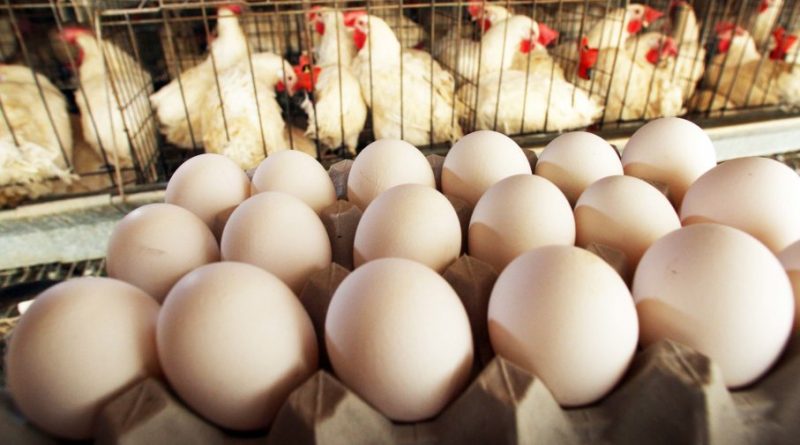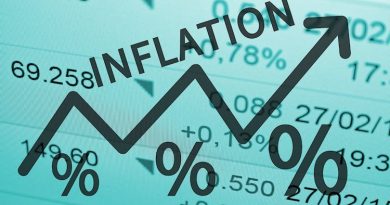Lack of land space and support for Windwards’ mills hinder the establishment of a local feed mill, says Association president
Emanuel Peters, President of the Antigua & Barbuda Layer Farmers’ Association, says that a local feed mill probably would have prevented the increase in egg prices that went into effect today, July 25.
The wholesale price of white and brown eggs has increased to $12 per dozen, or $360 a case, some 10 months after a hike in September last year. This is largely due to the ever-rising cost of feed and for the purchase of chicks.
The Association has sought to negotiate with the Government on relief measures and certain benefits.
However, Peters believes that not much can be done, because Antigua and Barbuda does not have a feed mill or its own shipping line to bring the feed here at a cheaper rate.
While a feed mill would be practical and beneficial to local farmers, Peters says, the downside is that there is not enough land space available for growing the inputs for feed production.
Additionally, there is an embargo – onto which Antigua and Barbuda has fully signed – to support the Windward Islands mills (inclusive of St. Lucia, Grenada and St. Vincent & The Grenadines), Peters says. Therefore, farmers are not able to fully capitalize on the market.
The egg-producing sector is one of the few in agriculture that is protected by the Government. It can be a lucrative industry; but it is a costly venture based on the time it takes a bird to lay its first egg and the amount of feed it consumes during this time.
Antigua and Barbuda is one of the few regional countries that is self-sufficient in egg production.




